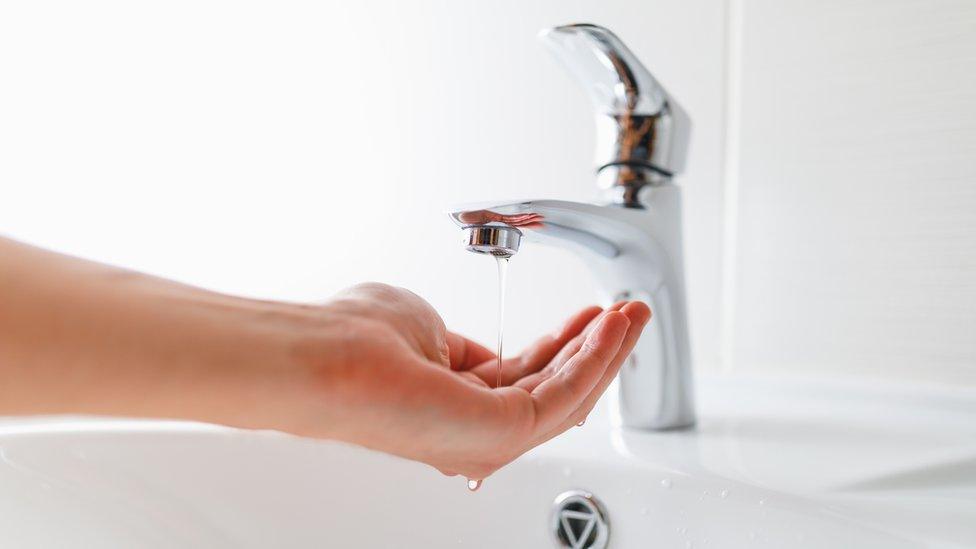Kent and Sussex hosepipe ban: What are the rules and exceptions?
- Published
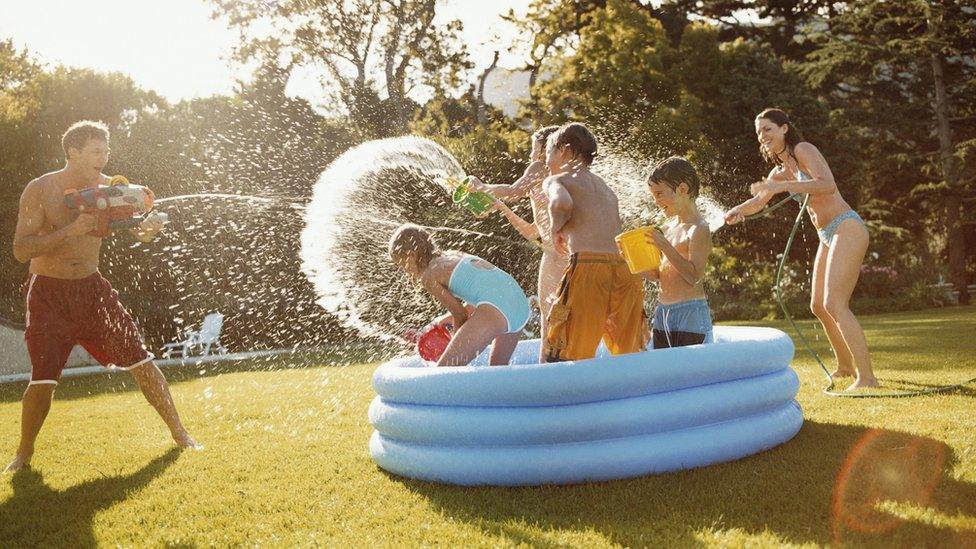
Unless you have your own private water supply, you will not be doing this at home for a while
A hosepipe and sprinkler ban will come into force across Kent and Sussex on 12 August.
The ban affects at least one million people, and rule-breakers could be hit with a £1,000 fine.
Customers of South East Water have been asked to only use water for essential purposes while the ban is in effect.
But what are the rules and when can you use a hosepipe?

What can I do in my house and garden?
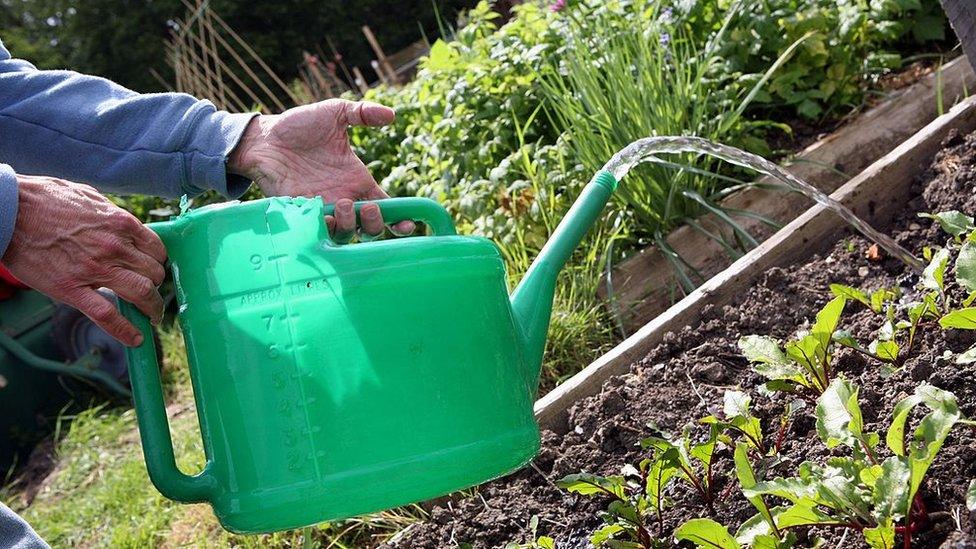
Time to find that old watering can
The main rule here is that you cannot use a hosepipe connected to mains water to water your plants, or your lawn - unless it has been laid in the last 28 days, and you have proof of when the work was completed. You will need to use a watering can or bucket instead.
The ban also applies to sprinklers, but if you have got a drip-fed irrigation system that is OK to use.
Allotments have the same rules as gardens, so you are not allowed to use a hosepipe there either.
If you have a pool, then you cannot fill that with a hosepipe, unless it's being filled as part of its construction. You also cannot fill a paddling pool either, although you are allowed to fill a hot tub.
Hosepipes may not be used to clean windows, although professional window cleaners can use one, if it is done as a service to customers in the course of a business, or to clean public service or goods vehicles.
An exception is if you have a pond with fish in it - you are allowed to use a hosepipe to top it up if it is unavoidable and for the welfare of the fish.

What about my vehicles?
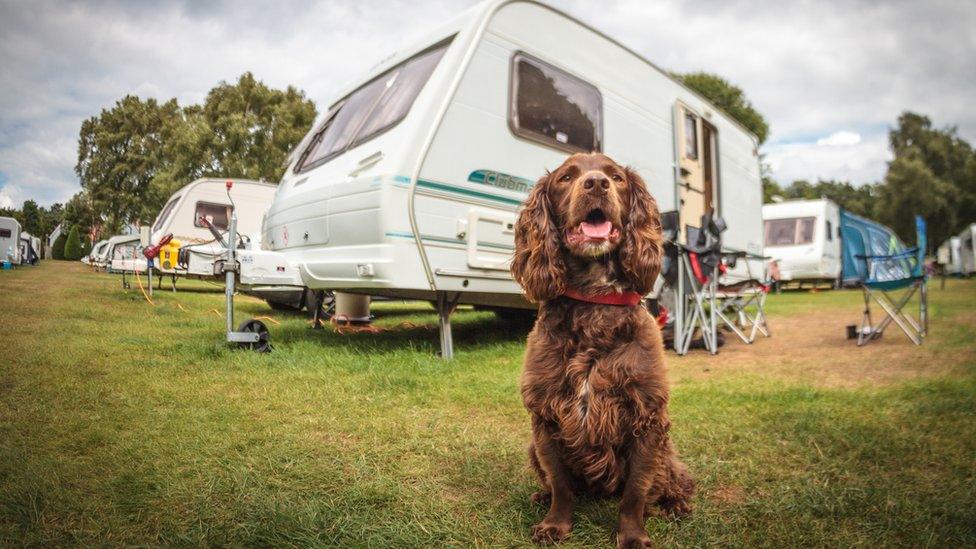
You can use a hose to fill up the water tank in your caravan
A hosepipe cannot be used to wash your car, unless it's connected to a rainwater or grey water source (for example, bathwater, or water collected in a water butt).
You are also not allowed to use a jet washer.
If you are heading away on holiday in a motorhome or with a caravan you can use a hosepipe to fill the water tank, as long as the water is then used for drinking, cooking or washing.
For those who live on the water, a hosepipe can be used to clean a boat, if it is your primary residence, or where fouling is causing increased fuel consumption, or where engines are designed to be cleaned with a hosepipe.

Some things you may not have thought of
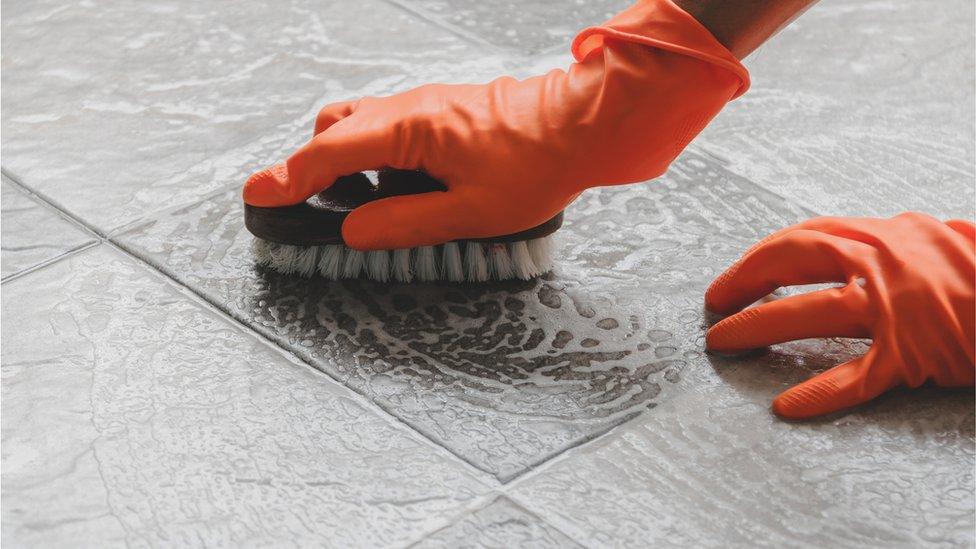
No more using the jet wash on the patio, for a while at least
Washing a pet, or livestock, is allowed, but customers are asked to use water sparingly.
You can also use a hosepipe to clean out your wheelie bin, and washing carpets is also allowed.
You can only use a hosepipe to clean out your gutters for health and safety reasons. The same rules apply if you're cleaning your patio or decking or pathways at home. Business customers are exempt from these restrictions.
Hand car wash businesses can continue to operate, but this may be reviewed if tighter restrictions are needed. Customers visiting the premises to wash their own cars will be covered by the hosepipe ban.
If you are a taxi or mini-cab driver, your vehicle is regarded as commercial, and so you're not included in the ban.
Exemptions
If you have got a water butt you are allowed to connect a hosepipe to that. The rules also don't apply if you use a hosepipe from a private borehole, artificial lake or a well.
If you are disabled and are on South East Water's Priority Service Register you can use a hosepipe to water your plants in your garden and in your allotment.

Follow BBC South East on Facebook, external, on Twitter, external, and on Instagram, external. Send your story ideas to southeasttoday@bbc.co.uk.
Related topics
- Published3 August 2022
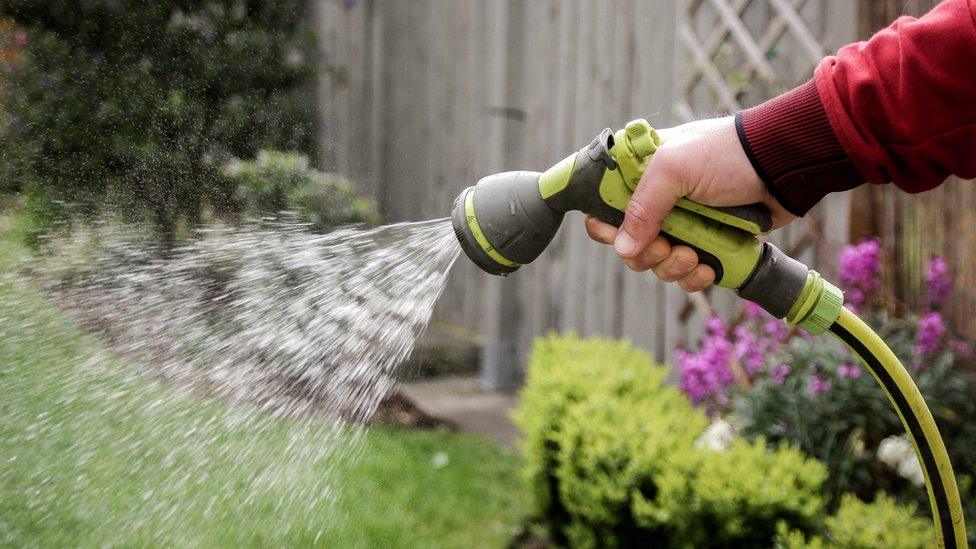
- Published30 August 2022
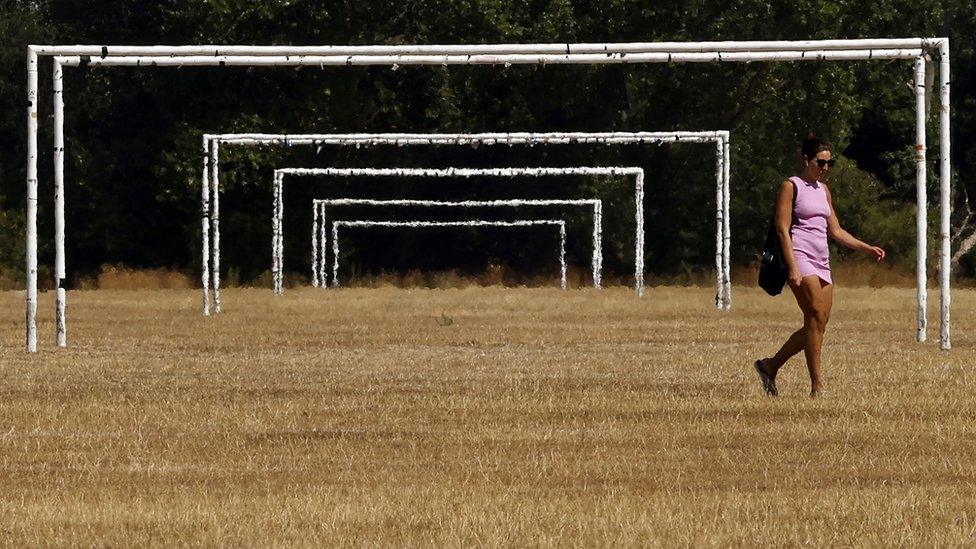
- Published12 July 2022
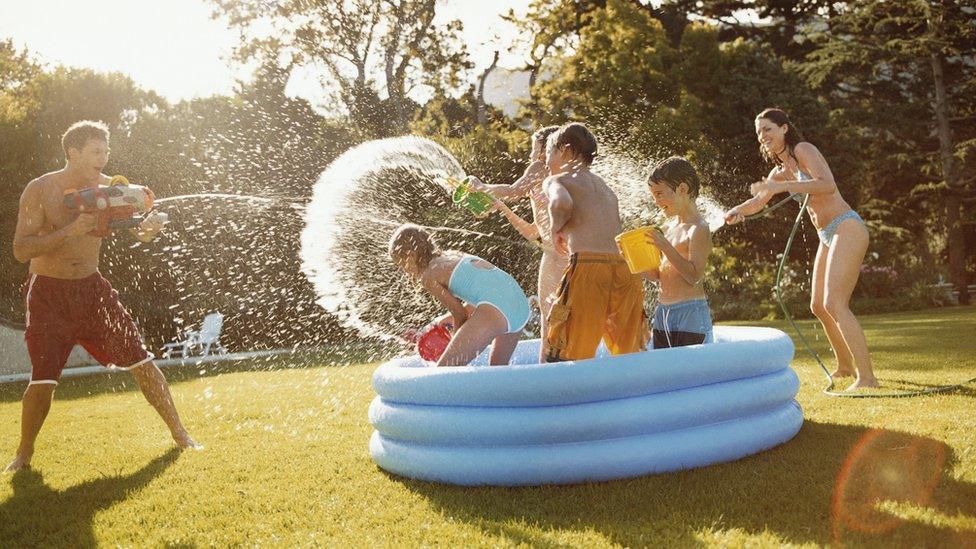
- Published29 July 2022
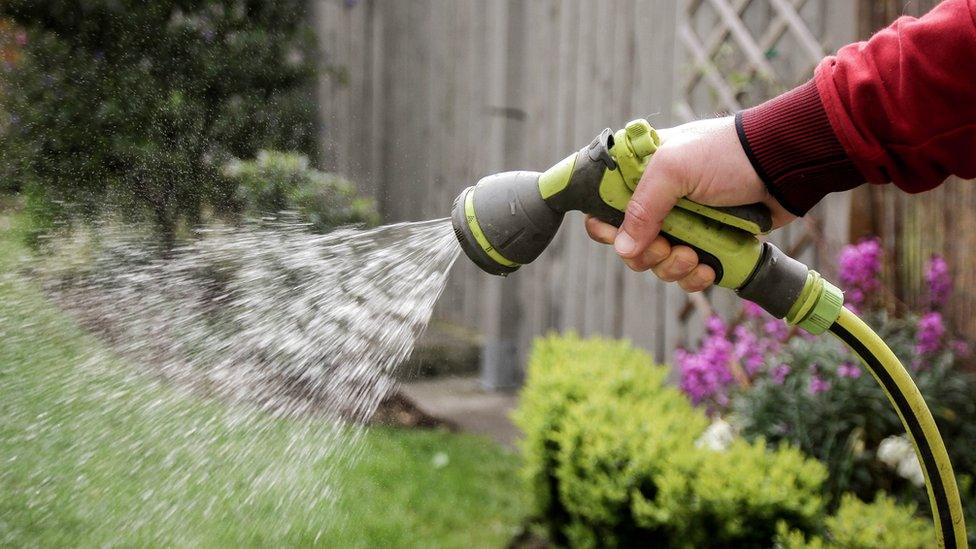
- Published26 July 2022
